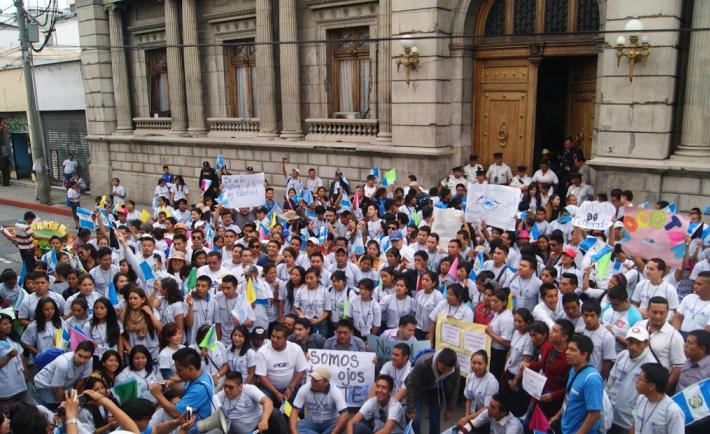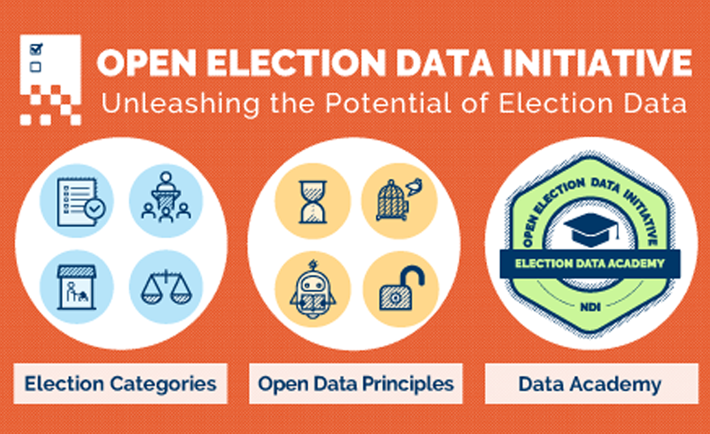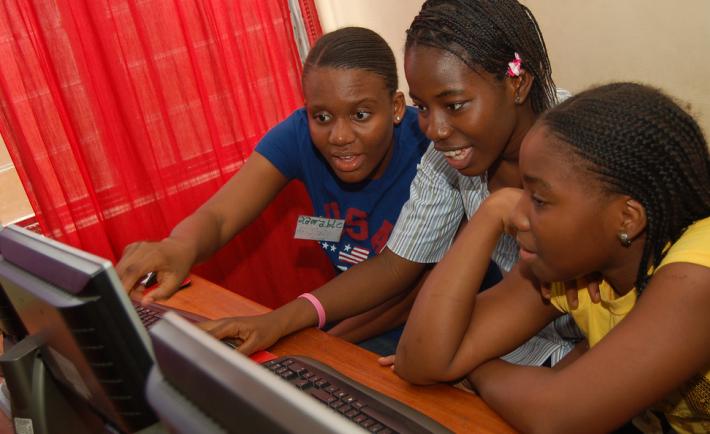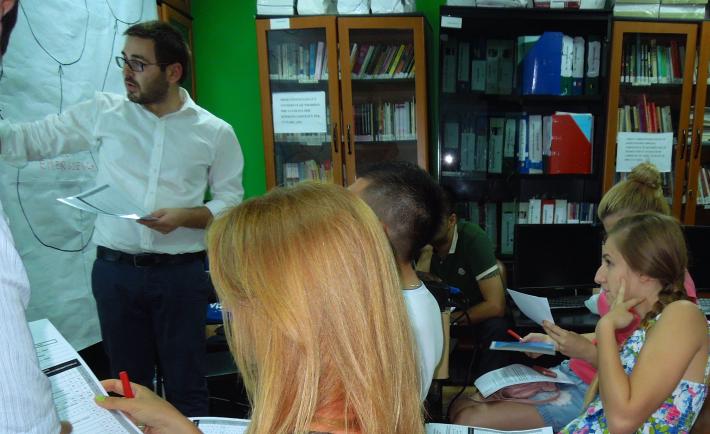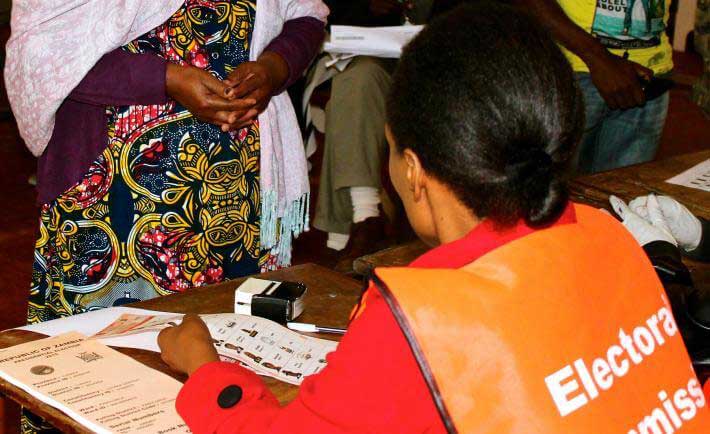Since the Guatemalan elections concluded in October 2015, NDI has held conversations with local partner organizations and election observers to better understand their experiences, as well as their hopes for their communities and the country. In order to highlight their voices, we will post a series of blogs documenting stories of inclusion and change -- the people behind the headlines working to build a strong democracy in Guatemala.
Welcome to Voices from Guatemala
Venezuela, Burma, Burkina Faso: Connect the Democratic Dots…

A Burmese anti-government protest in front of the Petronas Twin Towers. Photo credit: Off2riorob CC BY
In the four weeks between November 8 and December 6, 2015, the peoples of Myanmar (Burma), Burkina Faso and Venezuela delivered surprises: resounding defeats to military rule, strongman domination and populist authoritarianism. These bright spots are the consequence of perseverance by democratic activists in the face of repression. They also highlight the importance of elections as a peaceful means for people to bring about change.
Initiative Aims to Ensure Citizen Groups have Access to Election Data
NDI is excited to announce the launch of the Open Election Data Initiative. The goal of the initiative is to ensure that citizen groups have access to election data that can give a true picture of an election process, including how candidates are certified, how and which voters are registered, what happens on election day, whether results are accurate and how complaints are resolved.
The Open Election Data Initiative, openelectiondata.net, adapts open data principles that are designed to enhance government transparency in other areas, such as service delivery, to elections. The initiative encourages governments to be more accountable and citizens to take a more active participatory role. While primarily geared toward civil society -- including election monitoring organizations, many of which are partners of NDI -- the initiative can also inform the efforts of political parties, election management bodies and other actors concerned with electoral integrity.
Q&A: Democracy, Technology and Young African Leaders
On Feb. 10, I took part in a three-day Facebook #YALICHAT with young African leaders – President Obama’s signature effort to invest in the next generation of African entrepreneurs, educators, activists and innovators. After introducing myself and my work in a blog post, I took questions and comments from the YALI Network centered on the role of technology in democracy. Topics included: bridging gaps between youth and politicians online; how technology can improve transparency and government accountability; taking political action; online security; election monitoring; and using technology to empower people to become more involved in politics.
Beyond the ballot box, election monitors work to improve health care in Albania
New democracies often get stuck when fair elections, active civic groups, independent media, party competition and constitutional checks on power still don’t produce better government. Instead, corruption, political conflict and other problems can fester and upend the notion that democracy does in fact make life better.
This is the situation in Albania, which ditched communism in 1990. While making huge strides in the 25 years since, Albania nonetheless is mired in bad politics that leaves people wondering if its new democratic order can make government function as it should.
Zambia Elections: Using Facebook for Targeted Messages
Presenting the analysis of election day observation to the right audience is a critical component of citizen monitoring organizations’ outreach strategies, and one of which NDI has provided technical assistance to partners on for decades. In some countries where NDI works, Facebook has become synonymous with the Internet, and the use of Facebook for election day outreach has become an increasingly useful tool for communicating with certain audiences.

